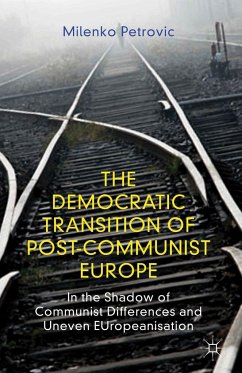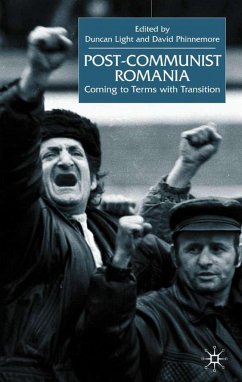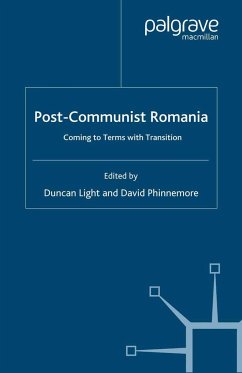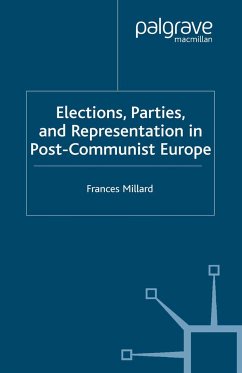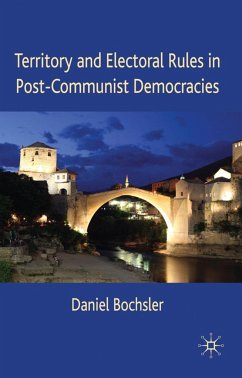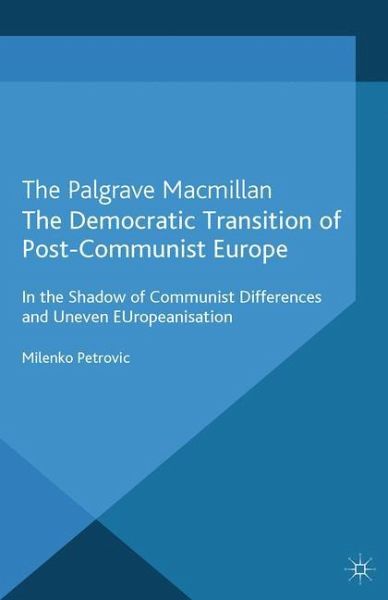
The Democratic Transition of Post-Communist Europe
In the Shadow of Communist Differences and Uneven EUropeanisation
Versandkostenfrei!
Versandfertig in 6-10 Tagen
38,99 €
inkl. MwSt.
Weitere Ausgaben:

PAYBACK Punkte
19 °P sammeln!
Tracing both economic and political developments through the prism of history as well as more recent developments, this book casts new light on the role of communist history in setting the different regional successes in post-communist transition.





